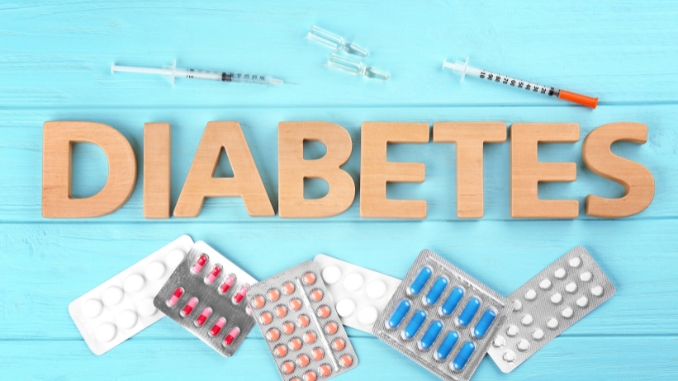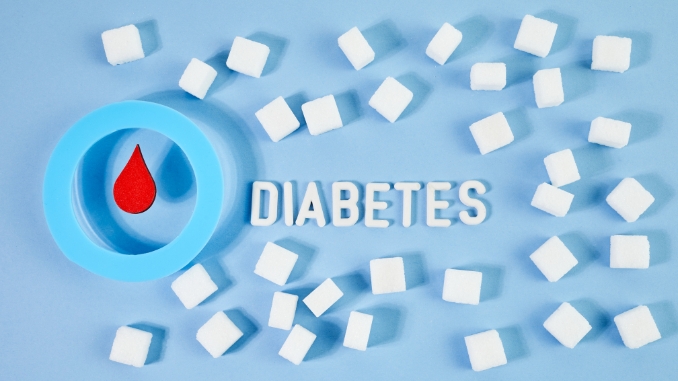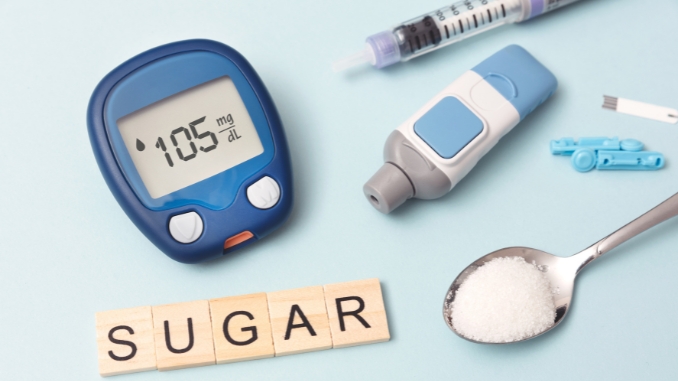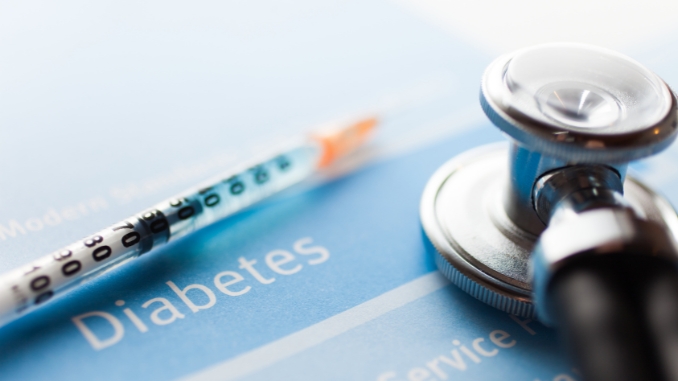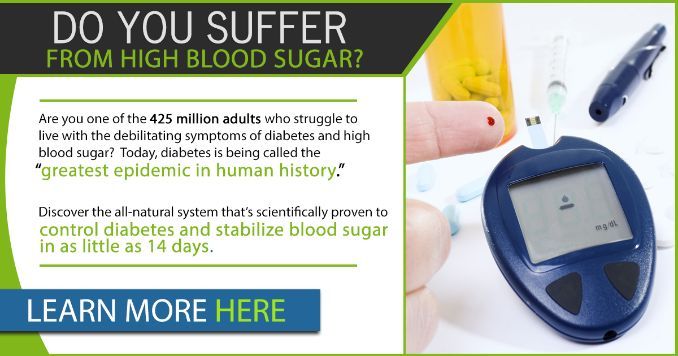During Diabetes Awareness Month, it becomes evident that diabetes has emerged as a global health crisis, as statistics from the World Health Organization (WHO) and the International Diabetes Federation (IDF) paint a concerning picture. Over the past few decades, the number of people living with diabetes has surged dramatically, reaching 422 million individuals in 2014. The implications are alarming, with 1.5 million deaths attributed directly to diabetes in 2019. IDF also reveals that 10.5% of adults unknowingly grapple with diabetes, underscoring the urgent need for global awareness, prevention, and comprehensive healthcare strategies to address this escalating public health concern.
The Significance of Diabetes Awareness Month
Diabetes Awareness Month unites people worldwide to combat the global health issue of diabetes. It underscores that diabetes affects millions and is not just a personal concern but a global one, impacting people of all ages and backgrounds. This month encourages people to raise awareness for early detection, prevention, and effective management of diabetes, empowering those living with the condition. Promoting education and healthier lifestyles fosters a collective approach to discussing diabetes as a global challenge, making a significant impact in the fight against the disease.
Diabetes’ Impact on Global Health
Diabetes is an illness that arises when your blood glucose is too high. It poses a global health crisis, affecting approximately 540 million people worldwide, regardless of age, race, or socioeconomic status. It imposes a substantial burden on healthcare systems, as it stands as a leading cause of blindness, strokes, amputations, and kidney and heart disease, contributing significantly to health problems and fatalities.
The economic impact of diabetes is profound, straining healthcare budgets in both affluent and developing nations. This financial burden extends beyond medical facilities, affecting individuals, families, and communities. As diabetes continues to surge, addressing its worldwide repercussions necessitates comprehensive strategies for prevention, management, and public education.
Moreover, a concerning aspect of diabetes is the substantial number of undiagnosed cases, with an estimated half of individuals living with diabetes unaware of their condition. This lack of awareness hinders timely intervention and management, exacerbating the disease’s impact on their well-being.
Public health campaigns that promote diabetes awareness, routine screenings, and education on recognizing the signs and symptoms of diabetes are essential in combating this hidden epidemic. Early diagnosis is the backbone for effective diabetes management and a healthier future for those at risk.
Proactive Approaches to Diabetes Awareness
1. Public Awareness Campaigns
These campaigns are designed to educate the general public about diabetes, its risk factors, and the importance of early detection. They often utilize various media platforms to reach a wide audience and highlight the significance of diabetes awareness and prevention.
2. School and Workplace Programs
These initiatives introduce educational programs in schools and workplaces, aiming to instill healthy habits and diabetes prevention from a young age. They may include workshops, seminars, and wellness programs to promote a culture of healthiness and well-being.
3. Community Health Initiatives
These programs focus on community-level engagement, offering access to diabetes screenings, providing information, and fostering support networks within local neighborhoods. By bringing a healthcare team and health services directly to the community, they enhance accessibility and awareness.
4. Healthcare Professional Training
This program ensures that healthcare professionals and providers are well-equipped to recognize diabetes risk factors and promote early diagnosis. This involves continuing education for medical professionals to enhance their ability to identify and address diabetes-related concerns.
5. Regular Health Check-ups and Screenings

Promoting the importance of regular check-ups is crucial for early diabetes detection. These initiatives encourage individuals to visit healthcare providers for routine screenings, especially if they have risk factors like family history, obesity, or poor lifestyle habits.
6. Healthy Lifestyle Promotion
This program focuses on educating individuals to manage diabetes with a balanced diabetes diet, regular physical activity, and keeping a healthy weight to reduce the risk of type 2 diabetes or gestational diabetes. They often provide guidance and resources for adopting healthier habits.
7. Support Groups
Support groups offer a network for individuals living with diabetes, providing emotional support and the opportunity to share experiences, knowledge, and coping strategies. These groups foster a sense of community and empowerment among those affected by this chronic disease.
8. Policy Advocacy
Advocating for policies that promote diabetes prevention and management involves engaging with governments to support initiatives.
The Importance of Proactive Lifestyle Modification for Diabetic
Lifestyle modification is essential for individuals managing diabetes, playing a pivotal role in addressing the condition effectively.
- Maintaining healthy eating habits and a proper diet rich in complex carbohydrates, fiber, and lean proteins helps stabilize blood sugar levels and control weight.
- Regular physical activity optimizes insulin-producing cells, promoting better blood glucose utilization and overall health.
- Smoking cessation is vital, as it reduces the risk of cardiovascular complications often accompanying diabetes.
- Adequate sleep and stress management are equally essential, as they influence hormonal balance and blood sugar regulation.
- Lifestyle modifications can reduce the reliance on medications, improving the quality of life for those with diabetes.
By adhering to these changes, individuals can alleviate the development of the disease, lower the risk of complications, and lead to healthy life.
Conclusion
Diabetes Awareness Month is essential for several compelling reasons. It helps educate the public about the prevalence and impact of the disease, dispelling misconceptions and reducing stigma. Encouraging early detection is another vital aspect, ensuring that individuals at risk receive timely diagnosis and intervention for effective management. Increased awareness also acts as a catalyst for promoting healthier lifestyle choices, such as maintaining a proper diet and regular exercise, which can prevent or delay the onset of diabetes. In essence, diabetes awareness is essential in the global effort to combat this widespread chronic disease.
Are You Ready to Say “Yes” To Normal Blood Sugar Levels? Get the Complete “14-Day Diabetes Control Quick Start Program” Today!

Rick Kaselj MS, is a leading kinesiologist and injury specialist as well as co-creator of the best-selling Unlock Your Hip Flexors program. Rick creates exercise programs that help people heal injuries and eliminate pain, so they can go back to living a full, active, healthy life.

